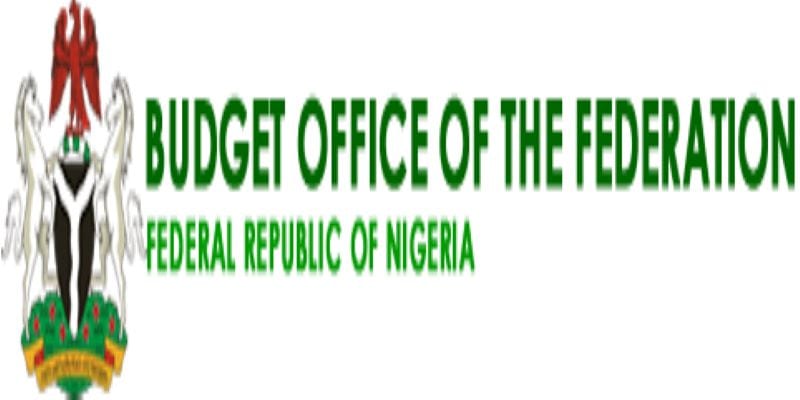Paragraph 1: Streamlining Federal Payroll and Budgetary Control
The Nigerian Federal Government has issued a directive aimed at enhancing budgetary control and streamlining personnel costs. The directive mandates the exclusion of non-permanent staff, including consultants, corps members, industrial attaches, and outsourced service providers, from the 2026 personnel payroll of ministries, departments, and agencies (MDAs). This directive, contained in the 2026 Personnel Cost Budget Call Circular, stipulates that only permanent federal employees are to be included in the personnel budget. This measure aims to create a clearer picture of actual personnel costs and prevent unauthorized payments. The circular explicitly warns that any deviations from this directive will be met with appropriate sanctions.
Paragraph 2: Managing Allowances and Stipends
The circular further clarifies the handling of allowances for specific categories of non-permanent staff. National Youth Service Corps (NYSC) members’ allowances will be centrally managed under the NYSC budget. If MDAs choose to provide additional stipends to corps members, these payments must be sourced from their overhead provisions, not from the personnel budget. This separation aims to maintain accurate accounting of personnel costs and prevent blurring the lines between permanent staff salaries and temporary allowances.
Paragraph 3: Promoting Transparency and Accountability
To ensure strict adherence to the new guidelines, the government is introducing a Personnel Cost Monitoring Dashboard. This dashboard, linked to the Integrated Payroll and Personnel Information System (IPPIS) and the Government Integrated Financial Management Information System (GIFMIS), will provide real-time tracking of personnel expenditure against budgetary allocations. This enhanced oversight mechanism will allow for immediate identification of discrepancies and facilitate prompt corrective action. The dashboard’s real-time functionality is a significant step toward enhancing transparency and accountability in managing public funds.
Paragraph 4: Adherence to Budgetary Timelines and Reporting Requirements
The circular emphasizes strict adherence to budgetary timelines. All MDAs are required to submit both hard and soft copies of their personnel budget proposals by July 15, 2025. Furthermore, they are expected to provide a third-quarter personnel budget performance review report by September 30, 2025. These deadlines are in line with the broader budgetary framework, including the 2026–2028 Medium-Term Expenditure Framework and Fiscal Strategy Paper, which is expected to be finalized in July 2025. The timely submission of the 2026 national budget to the National Assembly by September 2025 is contingent on meeting these deadlines.
Paragraph 5: Addressing Delays in Budget Performance Reporting
Acknowledging past delays in budget performance reporting, the Federal Government has committed to releasing the 2024 Budget Performance Report by the end of September 2025. This report will be released alongside the outstanding reports for the first and second quarters of 2025. The Budget Office attributed the delays to verification missions, reconciliations with implementing agencies, and Nigeria’s transition to a new extended fiscal framework. These delays were characterized as a necessary measure to ensure the accuracy and credibility of fiscal reporting, rather than a sign of backsliding on transparency commitments. The move to an extended fiscal framework further complicated reporting, as issuing reports based on the old cycle would have created confusion and conflicting datasets.
Paragraph 6: Reinstating Regular Reporting and Fiscal Responsibility
To reinstate regular reporting, the Budget Office has outlined a provisional plan to publish the 2024 full-year report and the outstanding Q1-Q2 2025 reports concurrently by the end of September 2025. Following this, quarterly releases are expected to resume on schedule. The Budget Office reiterated its commitment to the Fiscal Responsibility Act, which mandates the publication of quarterly Budget Implementation Reports (BIRs), emphasizing its dedication to transparency and accountability in public finance management. This commitment to regular reporting aims to provide stakeholders with timely and accurate information on budget performance, fostering greater public trust and informed decision-making.


